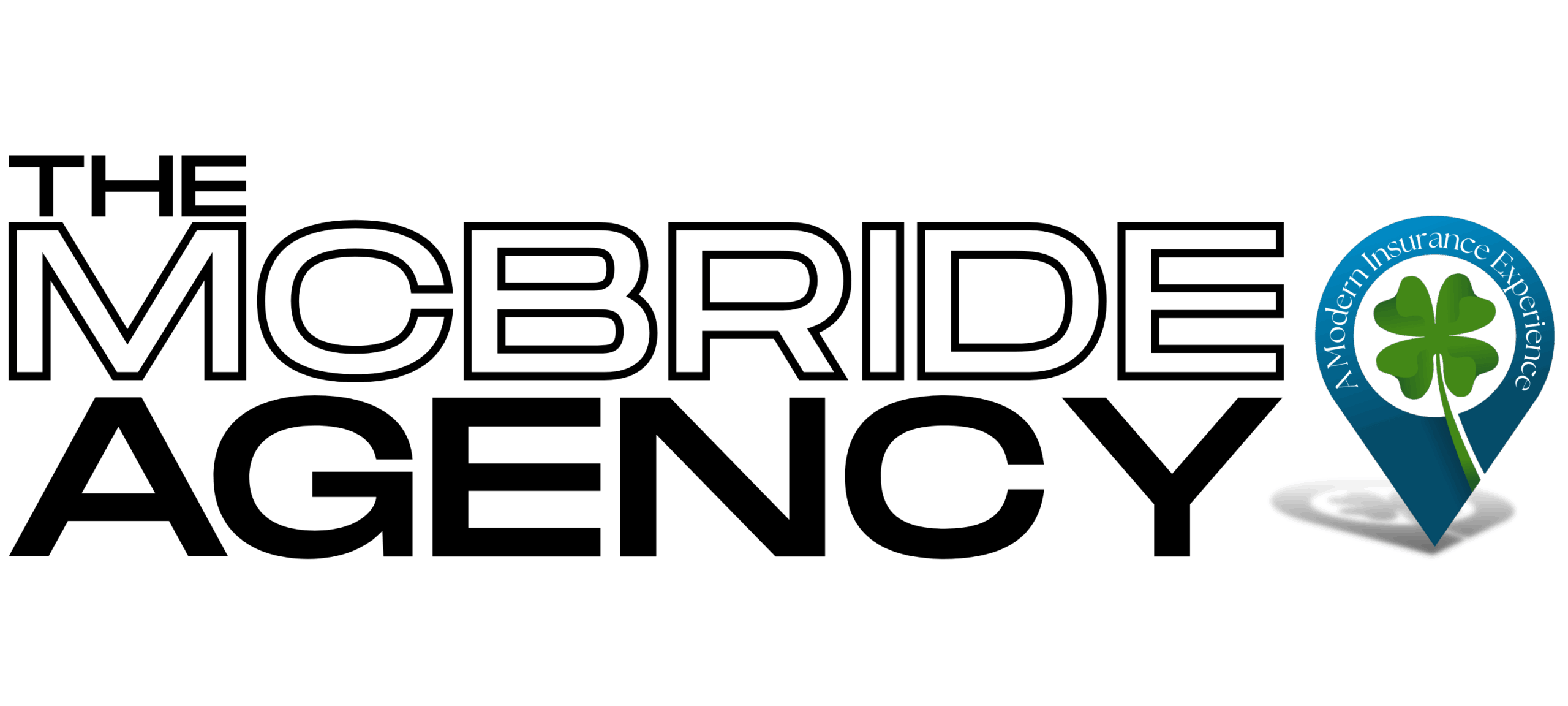Owning your home outright is a significant financial milestone, but it raises an important question: do you still need homeowners insurance? While it’s no longer legally required once your mortgage is paid off, the need for homeowners insurance doesn’t necessarily disappear. Without it, your property and finances could be at risk in ways you might not expect.
In this post, we’ll explore why homeowners insurance remains relevant even after you’ve paid off your mortgage. You’ll learn about the risks of going without coverage, the benefits of keeping a policy, and the key factors to consider before making a decision. Whether you’re looking for peace of mind or aiming to protect your investment, this guide will help you make an informed choice.
What Is Homeowners Insurance and Why Is It Important?
Homeowners insurance is a type of financial protection designed to safeguard your property and assets. While many people associate it with a mortgage requirement, its value extends far beyond loan obligations. Whether your home is financed or fully paid off, understanding what this coverage offers is essential to appreciating its ongoing importance.
At its core, homeowners insurance provides protection in three key areas:
- Property Damage Coverage: This covers repairs or rebuilding costs if your home is damaged by events like fire, storms, or vandalism. It often includes coverage for detached structures, such as garages or sheds, which can be an overlooked but critical benefit.
- Liability Protection: Accidents can happen on your property, and liability coverage helps protect you if someone gets injured and decides to take legal action. It covers legal fees, medical expenses, and settlements up to your policy limits.
- Additional Living Expenses: If a disaster leaves your home uninhabitable, this coverage can pay for temporary housing, meals, and other necessary expenses while repairs are underway.
Without homeowners insurance, any of these situations could lead to substantial out-of-pocket costs. Even if your home is fully paid off, a single catastrophic event could threaten your financial security.
This is why the need for homeowners insurance remains crucial. It not only protects the physical structure of your home but also offers peace of mind, knowing that you’re prepared for the unexpected.
Risks of Not Having Homeowners Insurance
When you’ve paid off your mortgage, it might be tempting to drop your homeowners insurance to save on monthly expenses. However, this decision could expose you to significant risks that outweigh the short-term financial relief. Even if your home is fully owned, the need for homeowners insurance remains critical to protecting your property and finances from unexpected challenges.
1. Financial Exposure to Natural Disasters
No one can predict when a natural disaster might strike, but events like hurricanes, earthquakes, or wildfires can cause devastating damage. Without insurance, you’d be responsible for covering repair or rebuilding costs entirely on your own. Depending on the extent of the damage, these expenses can easily reach tens or even hundreds of thousands of dollars.
2. Vulnerability to Theft or Vandalism
A break-in or act of vandalism can result in significant losses, not only to personal belongings but also to your home itself. Homeowners insurance helps cover the cost of stolen property and repairs to any damage caused by the incident. Without it, you’d have to cover these costs out of pocket.
3. Legal Risks From Liability Claims
If someone is injured on your property—whether it’s a delivery person slipping on your walkway or a guest falling down the stairs—you could face a lawsuit. Liability coverage, a key component of homeowners insurance, protects you by covering legal expenses and potential settlements. Without this protection, even a minor accident could result in substantial financial consequences.
4. Potential Out-of-Pocket Costs for Temporary Housing
In the event your home becomes uninhabitable due to a disaster, you’d need to arrange for alternative living accommodations. Without insurance, temporary housing, meals, and related expenses would be entirely your responsibility. These costs can quickly add up, creating an unexpected financial burden.
Owning your home outright doesn’t eliminate the risks associated with homeownership. The need for homeowners insurance goes beyond meeting lender requirements—it’s about safeguarding your property, protecting your finances, and preserving your peace of mind in the face of uncertainty.
Benefits of Keeping Homeowners Insurance Even After Paying Off Your Mortgage
Once you’ve fully paid off your home, you gain financial freedom—but the need for homeowners insurance doesn’t disappear. Maintaining coverage offers numerous benefits that go far beyond peace of mind, ensuring your property and finances remain secure.
1. Protection Against Unexpected Events
No matter how well you maintain your home, certain events are beyond your control. Fires, severe weather, and even accidental damage can occur at any time. Homeowners insurance ensures that repair or rebuilding costs are covered, saving you from significant financial strain. For example, replacing a roof damaged by hail or repairing structural damage from a fallen tree could cost tens of thousands of dollars—expenses most people aren’t prepared to handle without insurance.
2. Safeguard for Your Investment
Your home is likely one of your largest financial assets. Homeowners insurance acts as a safety net to preserve this investment. Even if you no longer owe money on the property, maintaining insurance ensures that its value is protected. Without it, a single disaster could result in irreversible financial loss, potentially leaving you unable to recover or rebuild.
3. Continued Liability Coverage
Accidents and injuries can happen on your property, whether it’s a friend tripping on uneven pavement or a contractor getting hurt while performing repairs. If you’re found responsible, liability claims can lead to legal expenses, settlements, and medical bills. Homeowners insurance provides liability coverage, protecting your financial health from these potentially costly situations.
4. Flexibility in Rebuilding or Repairing
In the aftermath of an event like a fire or storm, homeowners insurance provides the funds you need to rebuild or repair according to your preferences. Without insurance, you might be forced to make compromises or delay necessary repairs due to budget constraints, which could negatively impact the value and livability of your home.
5. Peace of Mind in an Uncertain World
Life is unpredictable, and even the most prepared homeowners can face unexpected challenges. By maintaining homeowners insurance, you gain the reassurance that, no matter what happens, you’ll have the financial resources to handle emergencies without depleting your savings or retirement funds.
Even if your home is mortgage-free, the benefits of keeping homeowners insurance far outweigh the costs. It’s not just about meeting lender requirements—it’s about protecting yourself from the unknown and securing the financial future of your most valuable asset.
Factors to Consider When Deciding on Homeowners Insurance
If you own your home outright, the decision to maintain or drop homeowners insurance depends on several important factors. Evaluating these considerations can help you determine whether the need for homeowners insurance fits your specific situation and long-term goals.
1. The Value of Your Home and Belongings
Your home’s market value and the cost of its contents play a critical role in this decision. Even without a mortgage, repairing or replacing your property after damage could be financially overwhelming. Take inventory of your home’s features, appliances, and personal belongings to estimate how much it would cost to rebuild or replace them in the event of a disaster.
2. The Location of Your Home
Your geographical location significantly affects your risk of exposure to certain events like natural disasters, theft, or vandalism. For example:
- Homes in coastal areas might face a higher risk of hurricanes.
- Properties in flood-prone zones may require separate flood insurance policies.
- Areas with high crime rates increase the likelihood of break-ins or property damage.
Understanding local risks can help you assess the necessity of maintaining coverage tailored to your area.
3. Your Financial Situation
If you’re financially well-off and capable of self-insuring, you may feel comfortable handling potential risks without homeowners insurance. However, this approach requires a significant financial cushion. Even those with considerable wealth often opt for insurance to avoid dipping into savings or liquidating investments in the aftermath of a major loss.
4. The Cost of Insurance Premiums
Review your current policy to understand what you’re paying and what’s covered. Shop around for updated quotes from multiple providers to ensure you’re getting the best rate for your needs. Consider raising your deductible to lower premiums while still maintaining comprehensive protection.
5. Coverage Needs for Specialized Risks
Standard homeowners insurance policies might not cover all risks. For example, floods and earthquakes are typically excluded and require separate policies. Assess whether additional coverage is necessary to address specific risks in your area. Skipping these policies could leave you exposed to significant financial liabilities.
6. Long-Term Security and Peace of Mind
Ultimately, maintaining homeowners insurance isn’t just about finances—it’s about the confidence that comes from knowing you’re prepared for the unexpected. Even if the chance of a disaster seems low, having coverage allows you to focus on enjoying your home without constant worry about “what if” scenarios.
By carefully weighing these factors, you can decide whether maintaining homeowners insurance is the right choice for you. For many outright homeowners, the peace of mind and financial security it provides are well worth the cost.
Owning your home outright is a significant achievement, but it doesn’t eliminate the need for homeowners insurance. From protecting against costly disasters to providing liability coverage and peace of mind, maintaining a policy ensures your home and finances are safeguarded against the unexpected. While dropping insurance may seem like a way to cut costs, the potential risks and expenses can far outweigh the savings.
If you’re uncertain about your coverage needs, it’s always a good idea to consult with experts who can guide you. Talk with The McBride Agency about your homeowners insurance to explore tailored solutions that fit your situation. They can help you protect what matters most while ensuring your coverage aligns with your goals and budget.

